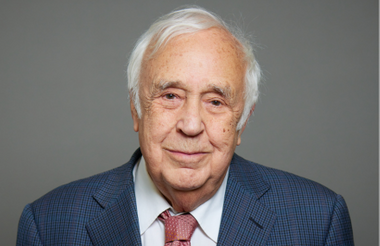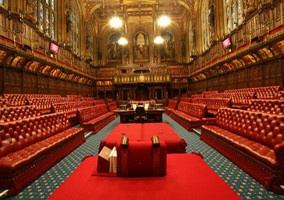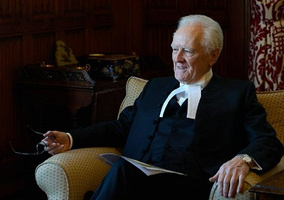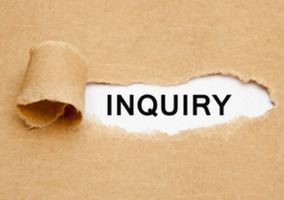Crossbench peer Robert Skidelsky has been suspended from the House of Lords for a month amid an investigation into a charity he chaired for 20 years.
The Charity Commission opened an inquiry into the Centre for Global Studies in August 2022 and appointed interim managers to the exclusion of Skidelsky and other trustees to review its governance and administration.
In March, the Commission sent a “disclosure of information” to the House of Lords, suggesting that Skidelsky might have breached the code of conduct for peers.
A subsequent investigation and report by the House of Lords commissioner for standards found several breaches of its code of conduct, including Skidelsky’s failure to register and declare interests related to his think tank.
It also reported that the charity had become inactive last year and Skidelsky planned to close it but faced delays in doing so.
Findings of the Lords investigation
The Centre for Global Studies – originally named the Centre for Post-Collectivist Studies – grew out of the Social Market Foundation (SMF), which became a charity in 1992 and had Skidelsky as its first chair.
Skidelsky resigned as chair of SMF in 2002 and subsequently founded the Centre for Global Studies, a think tank aiming to educate the public in economic and social affairs.
During his investigation, Martin Jelley found that there was no clear distinction between the Centre for Global Studies and Skidelsky’s role as a parliamentarian.
One of Skidelsky’s former employees told Jelley: “Lord Skidelsky is the charity and the charity’s sole purpose is to support the work that he does.”
Jelley reported that two of the main funders of the Centre for Global Studies were Russian oligarchs Mikhail Gutseriev and his son Said, who are subject to UK government sanctions for allegedly supporting the Belarus government.
Skidelsky said these donors had never “attempted to influence” his “views or actions as a member of parliament” and that donations from Said Gutseriev ceased in May 2022.
He told Jelley that the think tank had been “moribund” since then, having “no revenue”, and that the trustees decided to close it in May 2022 but faced delays in doing so because of Santander bank freezing its bank balance and the Commission’s decision to launch an investigation.
Jelley wrote in his report: “He explained that he had amended his entry in the Lords register of interests in April 2022 because of his intention to wind up the charity, but he had re-registered this interest in May 2023 as the process was taking longer than he had anticipated.”
Breaches of code of conduct
Jelley concluded that, “because Lord Skidelsky decided to establish the Centre for Global Studies as a registered charity and associated company, it’s clearly a distinct entity — and therefore external — to Lord Skidelsky’s parliamentary role”.
“As a result, the code of conduct required this interest to be registered in several ways in the interests of transparency. It’s worth noting that, even if Lord Skidelsky had opted to receive the donations directly and personally, rather than through a charity, they would still have been registrable.”
He called Skidelsky’s decision to remove his interest in the think tank in May 2022 “premature”, saying that it “represents a clear breach” of the code of conduct, “which requires members to register in the register of Lords’ interests all relevant interests in the interests of openness and accountability”.
“While Lord Skidelsky eventually re-registered this interest in May 2023, I note this only occurred after my investigation commenced in April 2023. Despite his clear statement to the contrary, it’s also clear Lord Skidelsky benefitted financially from the Centre for Global Studies (as did members of his family), so this interest should also have been registered as a pecuniary interest under category 2 rather than as a non-financial interest under category 10.”
Association with sanctioned donors
Jelley said: “I acknowledge that as the purpose of the Centre for Global Studies was to support his work as an academic and parliamentarian, there is no evidence that it had a separate agenda that Lord Skidelsky was seeking to advance.
“While I consider this to be a mitigating factor, members still have a responsibility to maintain a clear and transparent distinction between their outside interests and their parliamentary work.”
He added: “With reference to the grounds on which the donors in question were subsequently sanctioned by the UK government, as well as paragraph 35 of the guide to the code, I also believe Lord Skidelsky should have exercised more caution about the potential public perception of this association – especially considering his position that most of the charity’s activities ‘fed’ or ‘shaped’ his parliamentary work – including the need to take particular care in abiding with his obligations under the code of conduct in that context.”
Jelley concluded that considering the various breaches of the code of conduct, a short suspension would be justified in the circumstances.
“Accordingly, I recommend that Lord Skidelsky be suspended from the House for one month.”
Related articles












